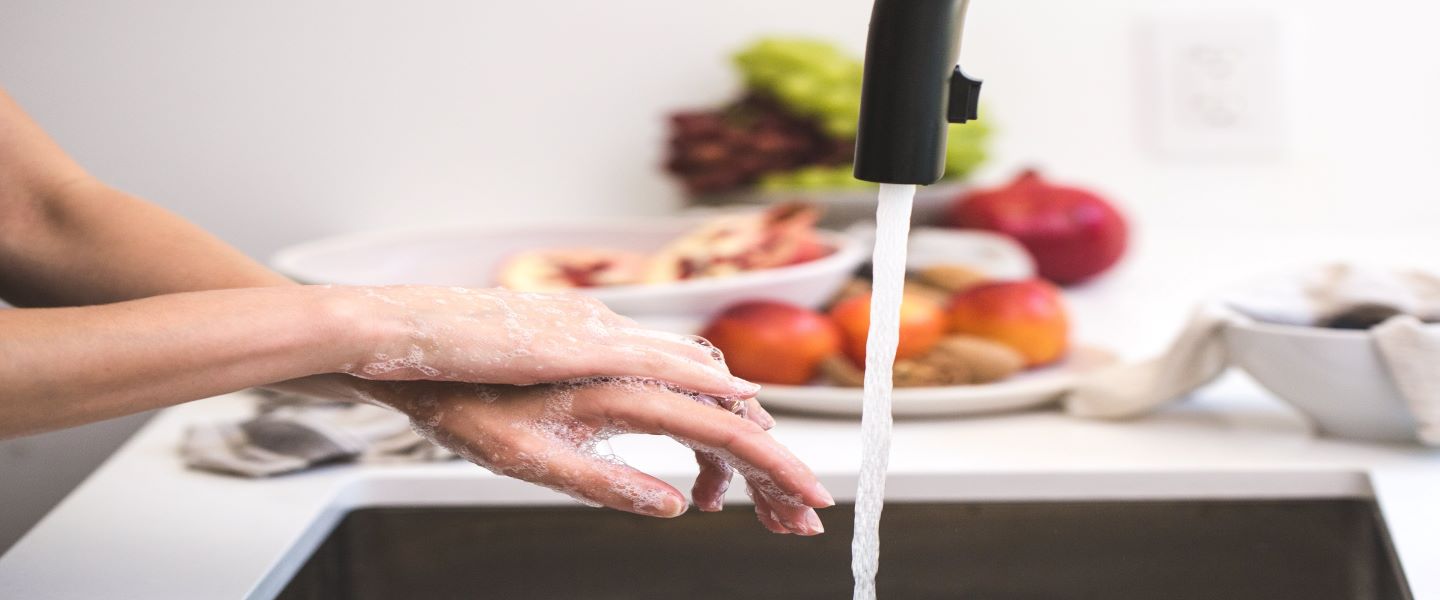
One of the most important steps we can take to avoid getting sick and spreading germs is to wash our hands. Skipping this task can cause many diseases to spread such as the notorious COVID-19.
How Germs Get onto Hands
Feces from humans and animals are a critical source of germs that causes diarrhea and can spread to some respiratory infections. A single gram of feces can house up to one trillion germs. These germs can get onto hands after people use the bathroom, change a diaper, and handle raw meats. Germs can be transferred from someone’s hands onto an object and can pass from person to person making people sick.
Washing Hands Prevents the Spread of Infections and Illnesses
Germs can enter the body from the mouth, nose, and eyes so when germs on unwashed hands transfer to objects such as handrails and doorknobs to another person’s hands and that person then touches their face, they are now more likely to become infected and sick. People frequently touch their eyes, nose, and mouth without even realizing it. Washing your hands with soap and water reduces the number of people getting respiratory illnesses, like colds, in the general population by 16%-21%. As well as reducing the number of people who get sick with diarrhea by 23%-40%.
Protecting Our Future Generations
Handwashing with soap protects one out of three young children who get sick with diarrhea and one out of five young children with respiratory infections. These two illnesses alone kill about 1.8 million children under the age of five each year around the world. Instilling good handwashing early in life will not only protect the child but may also improve child development.
Germs are everywhere. Make handwashing with soap and water a healthy habit to protect yourself and your family from getting sick.
